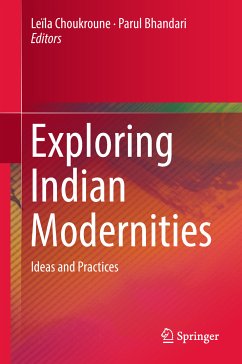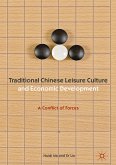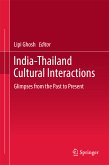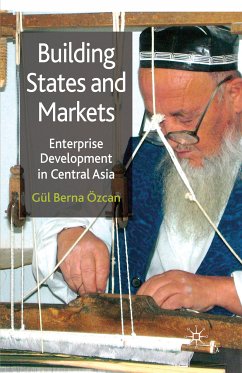This book is an ambitious attempt to bring together the diverse interpretations of the modern that have shaped the realities of Indian society. It undertakes not one, but multiple conceptual frameworks to explain the journey of the making and experiencing of the modern. It also points to the loopholes of the modern project and describes the innovations and adaptations and the intended and unintended makings of the modern. This volume takes on a multidisciplinary perspective and fosters an expansive focus as it brings together works from political science, international law and jurisprudence, sociology, anthropology, history, economics, visual studies, history of art, social geography, and the specific lens these fields use to unveil and analyse the 'modern' in Indian society. Divided into three parts: Imagining the modern, Experiencing the modern, and Narrating the modern, this book showcases the multiple ways of being modern, without necessarily expressing the modern as a rational,egalitarian and neat category. Instead, it highlights the ideas of progress and gain and also of nostalgia and loss that mark the practices of modern in India. Most importantly, it explains that there is not one imagining, practice, or vision of the modern for India, but that the modern is constantly constructed, practised, and lived in changing and contested spheres. Bringing together original papers from renowned as well as upcoming scholars, this book crosses the boundaries of the Indian subcontinent to support the development of a new social sciences scholarship both globalized in its vision and outreach and localized in its approach.
Dieser Download kann aus rechtlichen Gründen nur mit Rechnungsadresse in A, B, BG, CY, CZ, D, DK, EW, E, FIN, F, GR, HR, H, IRL, I, LT, L, LR, M, NL, PL, P, R, S, SLO, SK ausgeliefert werden.









